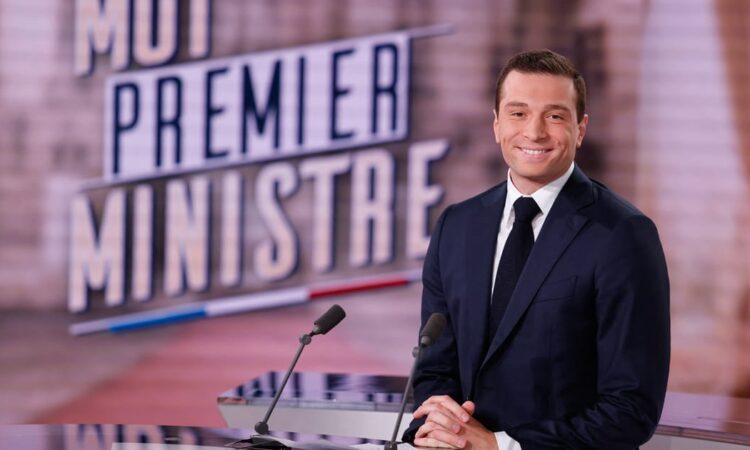
The French far-right has learned from the Thatcher playbook. Former British Prime Minister Margaret Thatcher secured the first ever budget discount for the UK in the 1980s, setting a trend among Euroskeptic leaders.
POLITICO unpacks what a French rebate would mean for the EU ― and why what Bardella told the Financial Times is so hard to achieve.
What’s a rebate?
It’s a discount on the amount of cash a country hands over to the EU. Contributions to the bloc’s multi-year budget are based on a state’s economic weight. If a country gets a discount ― and it’s not been a regular occurrence ― the 26 other governments have to make up for it with higher payments.
Will I find this in the EU treaties?
No. It was originally an informal agreement between Thatcher and other EU leaders at the Fontainebleau summit in 1984. Since then, fiscally conservative countries including the Netherlands, Sweden and Germany secured similar treatment during subsequent budget negotiations.
Could Bardella get a discount?
It would be a hard sell for France. The few countries that have got a rebate in the past have been able to argue that even under the objective criteria their EU payments were too large. But France already benefits greatly from the EU budget, with its farming sector raking in tens of billions of euros.
Rebates are justified on the grounds that a country’s “contribution [to the EU] is excessive, and you put much more [money in the budget] than what you receive,” said Eulalia Rubio from the Jacques Delors Institute, a think tank.






